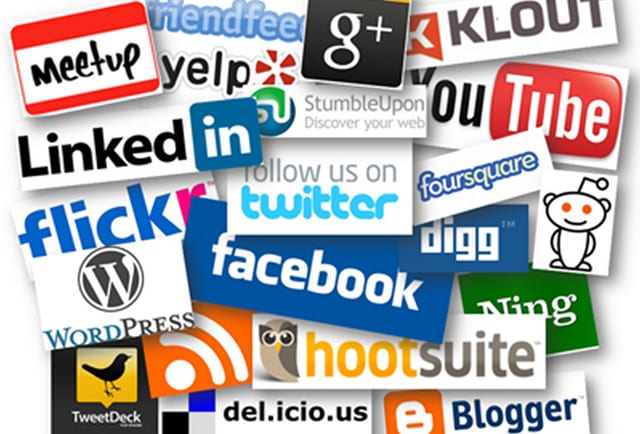Last week, my TA Adam Novak headed up to Syracuse to teach. Every semester, I work a discussion into the syllabus that specifically focuses on life at PR firms. Since Adam is closer in age to my students, it makes sense for him to be the one to lead this discussion – I’m not too proud to admit that they’d rather hear from someone in their twenties versus someone in their fifties on this topic!
When Adam and I were de-briefing, he brought up something really interesting. In the past when he’s been preparing for this specific discussion, he always created a slide that lists out the top five or six things that my students can bring to a PR firm. The first thing on that list has always been social media skills. However this year, he found himself not only removing that bullet from the top of the list, but removing it entirely from the slide. Why?

When social media first exploded onto the scene, Millennials were the first ones to really jump on the social bandwagon. For a while, Millennials were at the forefront of social media and were the ones who always knew what the next “it” platform was. As such, they were quickly dubbed the “social generation,” which was a huge advantage for them when entering the workforce. This was certainly the case seven years ago, when Adam joined PAN right after graduating from Syracuse. People his age were the initial ones helping teach the rest of us about the social platforms we could leverage for our clients.
Social media experience was a differentiator seven years ago, but now things have changed. Today, everyone is expected to be savvy on social media, not just the younger generations. Gone are the days when just Millennials are tweeting, sharing and liking. When interviewing intern and Assistant Account Executive candidates, one of the first questions we used to ask was about their social media skills and experience, but today we take those as a given. Instead, we find ourselves focusing on different attributes that Millennials can bring to the table, outside of social.
Personally, I think one of the main reasons this conversation around Millennials and social media in the workforce has changed so much is because social media itself has evolved. When Mark Zuckerberg created Facebook 11 years ago, it was designed to be a way for people to keep in touch. Fast forward to 2015 and while yes, many people use Facebook to keep in touch with friends who have moved away, a lot of people and companies are using it for capabilities beyond that. Social media has become an integral market of PR and Marketing strategies, something which Millennials actually don’t have that much experience doing. As William Ward from Hootsuite so brilliantly pointed out in his article in PRWeek “Six reasons why Millennials aren’t the social gurus you think they are,” maintaining personal accounts is very different from curating business social accounts.
When Adam talked to my students, instead of focusing on social media skills, he talked about things like bringing a fresh perspective, having a point-of-view (and not worrying if people agree or not), having energy, enthusiasm & a willingness to do anything to help an organization and that “cool factor” that makes so many Millennials trendsetters in today’s world. Social media isn’t what is shaping the conversation around Millennials anymore, it’s their other skills and attributes that will set them apart and allow them to have a big impact in the industry.
This blog post is part of larger series, ‘Cuse Chronicles by a CEO, from PAN President & Founder, Philip A. Nardone, Jr., as he chronicles his experience teaching two capstones classes at Syracuse University’s Newhouse School of Public Communications.


